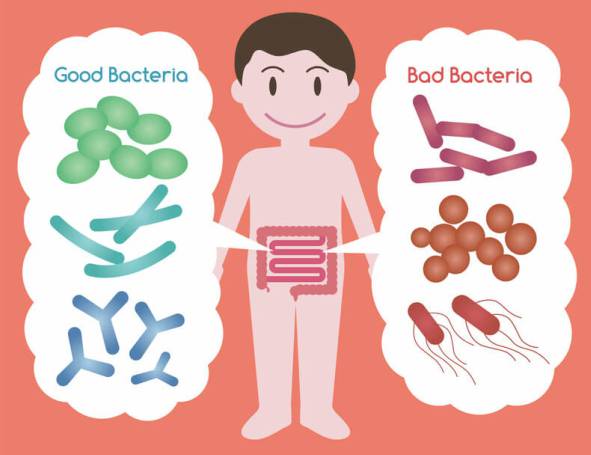If you want paternity to be horrible, then think that your baby, or your two-year-old son, should sleep the night away from the pull. If together expectations unfulfilled with lack of sleep generate feelings of guilt, failure and, what is worse, resentment.
So why do not your children sleep through the night and why does everyone say their children do? Why do they lie like this? Here are some reasons:
1) Sleep cycles
Babies and adults sleep differently. The sleep cycles of babies (ranging from light to deep sleep and then REM) last 45 minutes and it is normal to wake up between cycle and cycle. Adult cycles last about 90 minutes and are more likely to change cycles without being aware of waking up. When babies get to do the same, it is believed that they are because they have learned to “calm down by themselves,” a term that is hardly adequate to call the “transition between sleep cycles.”
The light sleep period of the sleep cycle has a very useful evolutionary benefit: it gives the baby the opportunity to give warning signals if:
- Perceive a change of temperature or light.
- You are hungry or thirsty.
- He needs to have someone nearby to give him security.
- He is uncomfortable (if he has a dirty diaper, for example).
- There is something that puts you at risk (if something clogs your airways, for example).
This built-in safety system protects babies from Sudden Infant Death Syndrome ( SIDS ). Parents can create a pleasant environment, but there are some babies who are more alert and than others.
2) The biological rhythm of the child
During the first four months of your life, your child does not have a certain notion of day and night. That can not be changed, so do not waste energy trying it! The homeostatic impulse of human sleep begins early in the morning and leads us to sleep at night (and makes us sleepy after eating). This impulse is a biological process that counteracts circadian rhythms, which serve to keep us awake.
When the homeostatic impulse of your child’s dream intersects with circadian rhythms as the end of the day approaches, it is impossible for your child to fall asleep. This explains why children are so active at bedtime. Usually we try to suppress this energy, but it is more useful to let them sleep when it is biologically possible.
Your child’s biological clock will eventually stabilize at about five years. Until then, sleep when you can and enjoy this unique stage.
3) The developing brain
The brain of a newborn is only 25 percent developed and grows exponentially during the first few years of life. Breast-feeding at night-and therefore providing the necessary fatty acids- helps you to develop a large number of neural connections.
Brain development goes hand in hand with physical development. That’s why, when your child learns to crawl or walk, it creates an immense amount of neural connections. In these stages, it is necessary to give them more to eat (and it is necessary to increase nocturnal shots).
In the same way that your child grows, he begins to distinguish the figures of attachment, and with this new consciousness comes the possibility that they suffer separation anxiety . This type of anxiety can manifest at night when it did not happen before and is a normal form of expression of the importance that it gives to a figure of attachment that transmits to him security.
In other words, fluctuations in sleep and awakening depend on your child’s milestones, the myriad of experiences he experiences during the day, and the loving interactions and stimuli he receives and that make him progress.
4) Sleep training
Trying to control or train your baby to do something other than natural or neurologically appropriate is to give rise to disappointments. We will never be able to control our children’s dreams, no matter how much we believe they are. In addition, sleep training interferes with an instinctive process and with its own protective mechanisms.
The controlled crying can cause your child runs silent from exhaustion, but that does not make noise does not necessarily mean it is quiet. If it bothers you so much to hear your child crying is because it is the natural way he has to alert you because he needs your attention.
Many parents believe that sleep training is harmful and ends the child’s innate confidence that caregivers will respond when needed. A child who is treated with low sensitivity is more likely to be more dependent or develop anxiety. Trying to force the rhythms or the independent sleep of a baby is like trying to open a flower by force.
Nature takes care of these things in an environment of love, support and encouragement and independence will flourish when trust is well nourished.




